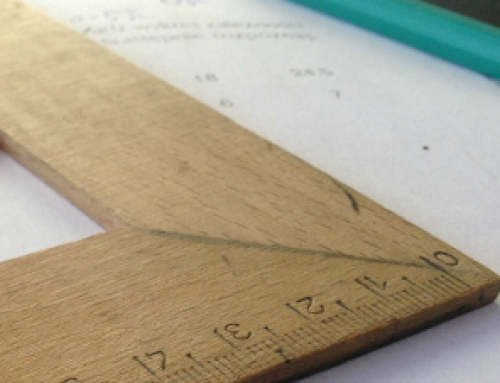
Before you start shopping around for a home, it’s a good idea to receive a pre-approved mortgage from a lender. This lets you know how much money you can borrow when you decide to purchase a home. However, as you prepare to borrow to buy, you need to make sure you aren’t confusing pre-qualification and pre-approval.
Pre-Qualified Mortgage
A pre-qualified mortgages can be useful when you are trying to get a general idea of what you can borrow. The pre-qualification process, though, is not particularly rigorous. The lender asks you questions about your credit situation, your income, and your debt. Using the information you provide, the lender can give you a ballpark figure of what you can borrow, and the interest rate you are likely to receive.
However, it’s important to realize that a pre-qualification isn’t binding. A real estate agent, or a buyer, won’t recognize a pre-qualification as the actual amount that you are able to spend. Pre-qualification can be useful when you are shopping around for a rate, or determining which lender offers the best terms, but it isn’t binding, and since you provide the information, things could quickly change.
Pre-Approved Mortgages
On the other hand, a pre-approved mortgage represents an actual offer of terms. This is an amount that you are approved to borrow. This is a step beyond merely being qualified to borrow. As part of your pre-approval process, the lender will run a credit check on you. Using information from your credit profile, and actual documentation of your income (usually tax documents and/or pay stubs), the lender will make a more definitive decision about what you are able to borrow, and what interest rate you will receive.
Terms of the loan are likely to be set out in the pre-approval, and it is valid for a set period of time. Your pre-approval document is something you can take to a seller, or real estate agent in order to “prove” that the lender is actually ready to provide the funds for your transaction. Pre-approval is much stronger than pre-qualification.
Why Your Credit is Important
Your credit is an important part of the pre-approval process. Your financial reputation is represented by your credit score, and it provides insight into how reliable lenders feel you are. Before you begin shopping for a home, it’s a good idea to check your credit ahead of time. Checking your own credit score won’t impact it, and you can be prepared for your situation. If you see inaccuracies on your credit report, you can dispute them to have them removed. Inaccuracies, and fraudulent accounts, can reduce your creditworthiness, and result in loan terms you don’t want – or in rejection altogether. Checking your own credit ahead of time allows you to fix problems so that you aren’t surprised with issues that mean a lower pre-approval amount than you expected, or a higher interest rate than you want to pay.
When you go to the lender, make sure you find out whether you are being pre-qualified or pre-approved. Pre-qualification simply means that you are able to get credit, and only provides an unofficial guess of what you might be eligible for. Pre-approval is a formal acknowledgment of what the lender has decided you can actually afford. When purchasing a home, you should rely on pre-approval, and not pre-qualification.













Follow Us